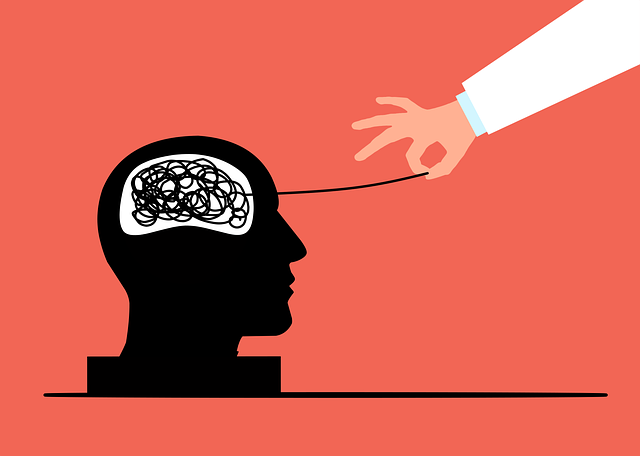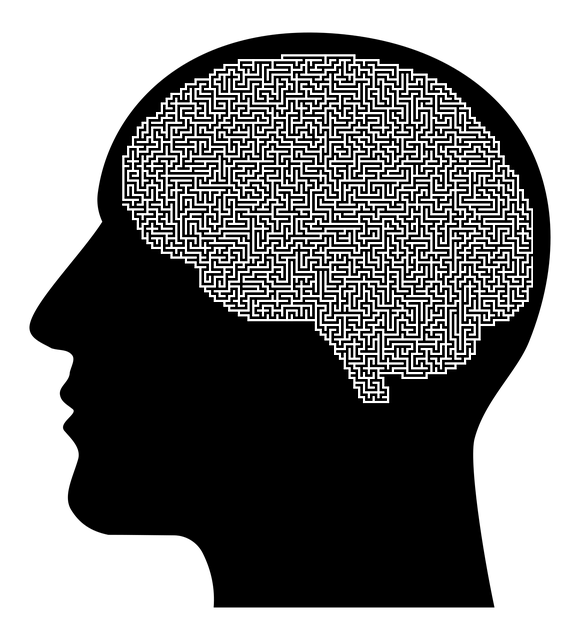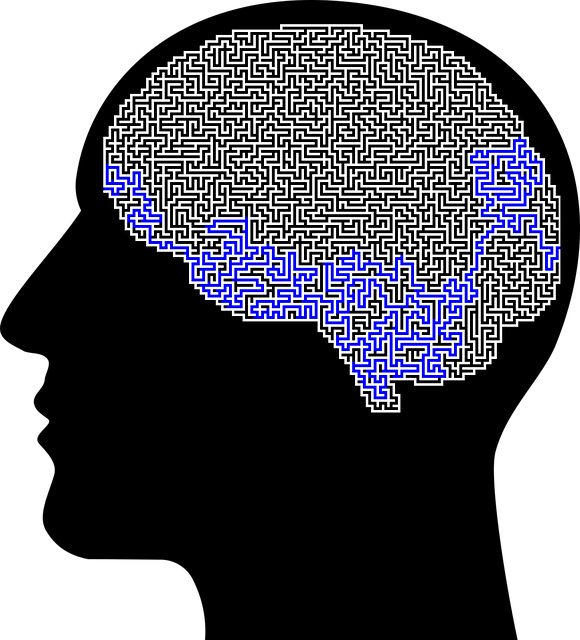Louisville's diverse population highlights the importance of cultural competency in treating Oppositional Defiance Disorder (ODD). By addressing healthcare biases and tailoring therapy approaches, professionals can improve patient outcomes, reduce stigma, and build trust. Effective ODD therapy requires understanding local cultural nuances, as seen through case studies from Louisville centers. Comprehensive training programs, incorporating real-life scenarios and workshops, empower providers to deliver sensitive care, enhancing the city's mental health services for diverse communities, particularly in managing Louisville ODD.
In today’s diverse healthcare landscape, cultural competency training is no longer an option—it’s a necessity. This article explores the vital role of such training for healthcare providers, focusing on Louisville’s unique demographic makeup and its implications for oppositional defiance disorder (ODD) therapy. We delve into the impact of cultural biases on patient care, present case studies showcasing successful implementation, and offer essential components for designing effective training programs to enhance therapeutic outcomes.
- Understanding Cultural Competency in Healthcare: A Necessary Approach
- The Impact of Cultural Biases on Patient Care: Unveiling the Challenges
- Louisville's Unique Demographic: Addressing Local Needs and Barriers
- Designing Effective Training Programs: Essential Components for Healthcare Providers
- Case Studies: Successful Implementation and Positive Outcomes in ODD Therapy
Understanding Cultural Competency in Healthcare: A Necessary Approach

In the ever-evolving landscape of healthcare, cultural competency has emerged as a vital component ensuring equitable and effective patient care. This concept transcends mere sensitivity; it involves understanding and appreciating the diverse cultural backgrounds, beliefs, and values of individuals seeking medical services. For instance, in Louisville, Oppositional Defiance Disorder (ODD) therapy benefits immensely from cultural competence, allowing mental health professionals to tailor their approaches for optimal patient outcomes. By recognizing that mental illness experiences can vary across cultures, healthcare providers can employ conflict resolution techniques more effectively, thereby fostering trust and improving treatment adherence.
Cultural sensitivity in mental healthcare practice plays a pivotal role in reducing the stigma associated with mental illnesses, which is a significant barrier to access. Through training and education, professionals can learn to navigate complex cultural dynamics, ensuring that their interventions are not only therapeutic but also respectful of individual differences. This approach not only enhances patient satisfaction but also contributes to more positive mental health outcomes, ultimately enriching the tapestry of Louisville’s healthcare services for diverse communities.
The Impact of Cultural Biases on Patient Care: Unveiling the Challenges

In the healthcare sector, cultural biases can significantly impact patient care, often leading to miscommunication and misunderstandings. These biases, rooted in personal experiences, societal norms, and preconceived notions, influence how providers interact with patients from diverse backgrounds. For instance, a healthcare professional’s assumptions about a patient’s behavior or adherence to treatment plans due to their cultural or ethnic origin can hinder effective Louisville Oppositional Defiance Disorder therapy. Patients may feel misunderstood, leading to decreased trust and engagement in their care, ultimately affecting treatment outcomes.
When cultural biases go unaddressed, they can contribute to systemic issues such as disparities in healthcare access and quality. This is particularly concerning when dealing with complex conditions like Oppositional Defiance Disorder, where a patient’s emotional regulation and burnout prevention heavily rely on empathetic, culturally competent care. Healthcare providers play a crucial role in promoting Emotional Healing Processes by recognizing their biases and striving for impartial interactions, ensuring every patient receives personalized, respectful treatment regardless of their cultural identity.
Louisville's Unique Demographic: Addressing Local Needs and Barriers

Louisville, a vibrant city with a diverse population, presents unique challenges and opportunities for healthcare providers. The local demographic is characterized by a mix of cultural backgrounds, ethnicities, and socioeconomic factors that influence health outcomes. In this context, addressing mental health concerns, such as Oppositional Defiance Disorder (ODD), becomes a crucial aspect of Louisville’s Healthcare Provider Cultural Competency Training. The city’s diverse community may face specific barriers to accessing quality mental health services, requiring tailored approaches for effective therapy and emotional healing processes.
Louisville’s unique landscape demands that healthcare professionals be aware of these cultural nuances and barriers. Mental Health Awareness is enhanced when providers are trained to recognize and respect the varying beliefs, values, and communication styles within different communities. By understanding local needs, Louisville’s Healthcare Provider Cultural Competency Training can foster a more inclusive environment, ensuring that individuals with ODD and other mental health conditions receive culturally sensitive care, ultimately improving outcomes for diverse populations.
Designing Effective Training Programs: Essential Components for Healthcare Providers

Designing effective training programs for healthcare providers is paramount to delivering quality care, especially in areas like Louisville where Oppositional Defiance Disorder (ODD) therapy is in demand. These programs must be comprehensive and tailored to address diverse cultural needs. Key components include incorporating real-life case studies, interactive simulations, and role-playing scenarios that reflect the complexities of working with varied patient populations.
For mental health professionals, integrating Risk Management Planning within the training curriculum ensures a thorough understanding of potential risks and triggers in treatment settings. Additionally, providing access to Trauma Support Services and Stress Management Workshops can enhance providers’ resilience and improve their ability to offer compassionate care. These organizational strategies contribute to creating a supportive environment where healthcare providers can develop cultural competency skills while mitigating professional stress.
Case Studies: Successful Implementation and Positive Outcomes in ODD Therapy

In recent years, Louisville Oppositional Defiance Disorder (ODD) therapy has seen significant advancements in its approach, largely due to the integration of cultural competency training for healthcare providers. These programs focus on equipping professionals with the skills to understand and address the unique needs of diverse patient populations, fostering a more inclusive and effective therapeutic environment. By incorporating case studies from Louisville ODD therapy centers, we can observe successful implementation strategies that have led to positive outcomes.
One prominent example highlights the power of cultural competency in crisis intervention guidance. Through training, therapists learned to adapt their approaches for different cultural backgrounds, leading to improved patient engagement and reduced relapse rates. This shift not only benefits individuals struggling with ODD but also promotes positive thinking and stronger therapeutic alliances, ultimately enhancing the overall quality of care.
Cultural competency training is a game-changer in healthcare, especially in diverse communities like Louisville. By addressing cultural biases and implementing tailored programs, healthcare providers can significantly improve patient care. The case studies presented highlight the positive impact on mental health treatments, such as Louisville Oppositional Defiance Disorder (ODD) Therapy, demonstrating that culturally sensitive approaches lead to better outcomes. Expanding these training initiatives ensures that healthcare remains accessible and effective for all, fostering a more inclusive and responsive system.














